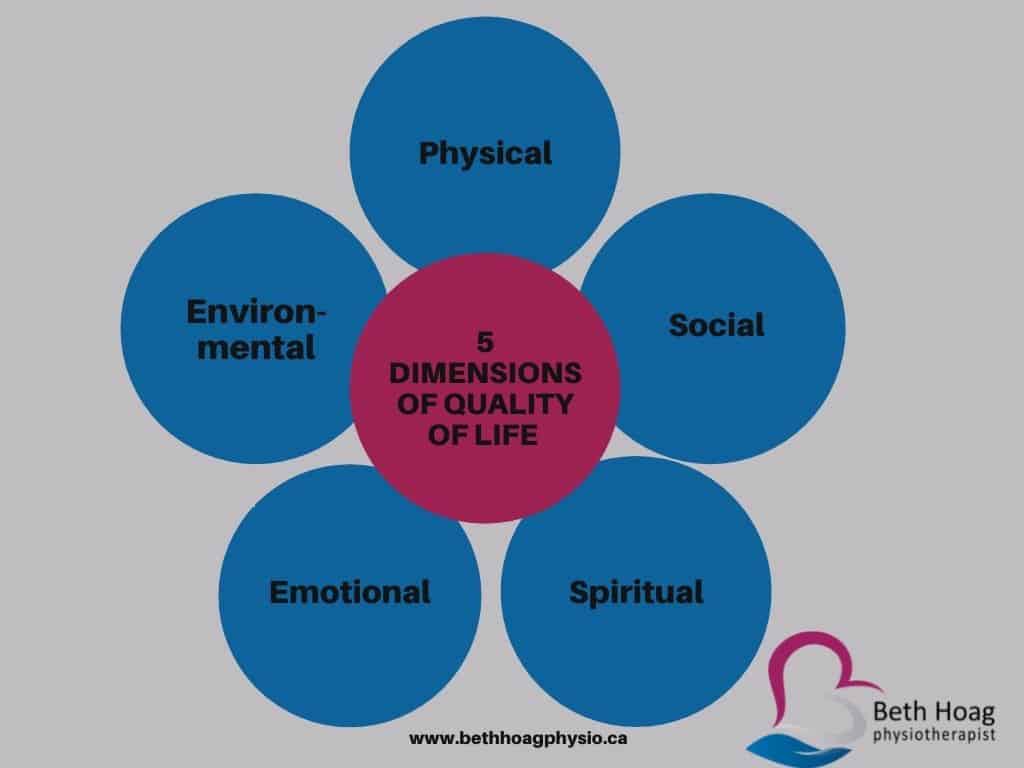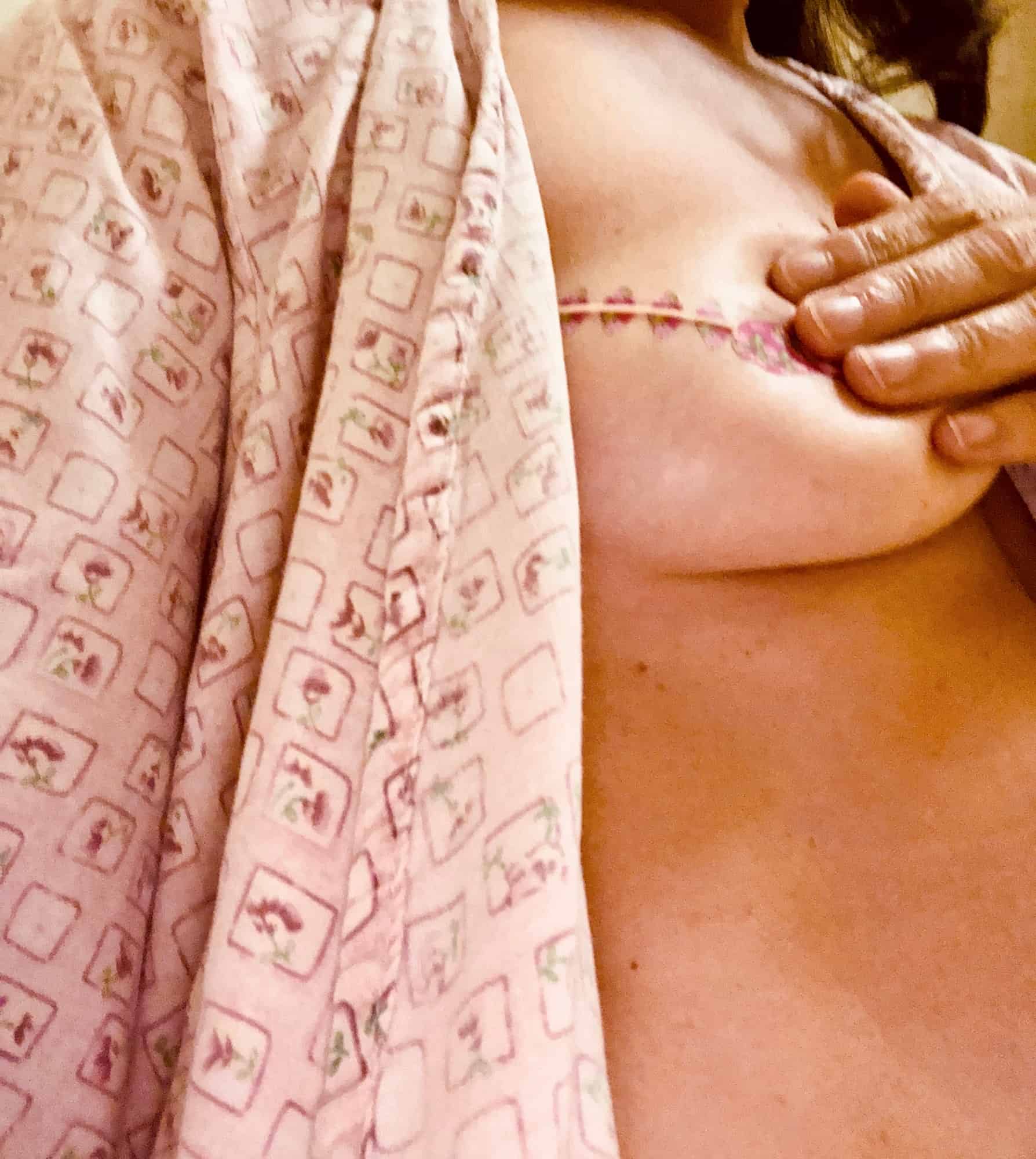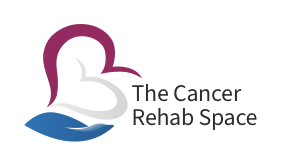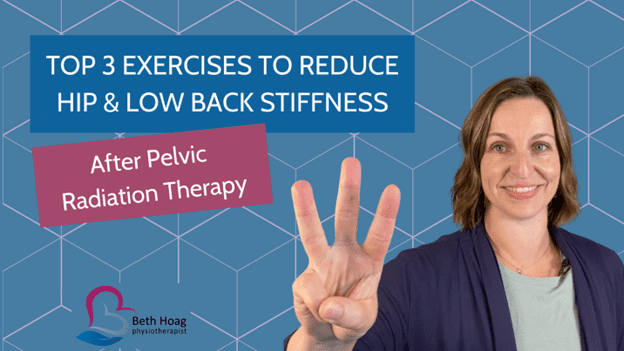Breast Cancer Awareness
During October, the world seems awash with pink ribbons, messages about how early detection saves lives (which it does), and requests to support important breast cancer research projects. More recently, I am delighted to hear the rising voice surrounding metastatic breast cancer (MBC) and the importance of directing awareness and research to this often “forgotten” group.
Essentially this is a popular month to gain momentum and raise awareness. However, this is also a month that can be incredibly emotional and triggering. It can bring up anger at companies “profiting” from using the pink ribbon logo to sell more products under the guise of raising money for “breast cancer research” (aka pink washing). For others, it can bring back memories of a very difficult time in their lives (or perhaps it still is.) For others still, it can bring up frustration that future research doesn’t help them “in the moment”, when it really matters for them.
So as I reflect upon all of this, I think of where my voice has value during this month. The area I am passionate and knowledgeable about involves bending the “breast cancer awareness” conversation into the realm of discussing quality of life during and after breast cancer treatment.
Yes… survival matters… it really really matters.
But so does quality of life during and after (and even years after) breast cancer.
So here we go…
Quality of Life: What Does This Mean?
There are so many definitions of quality of life (QOL); it can mean different things to different people. One definition that I relate to is that QOL “is the perceived quality of an individual’s daily life, that is, an assessment of their wellbeing or lack thereof.”
For me, wellbeing considers the role of physical, social, spiritual, emotional and environmental dimensions. All of these factors can impact the quality of our daily lives, and any (or all) of these factors can be impacted after a cancer diagnosis.

Physical Aspect of QOL
Cancer treatments can cause many physical side effects, including:
- Fatigue / reduced stamina
- Weakness
- Pain / nausea
- Joint mobility loss
- Brain fog
- Poor sleep
- Weight loss/gain
- Hot Flashes
- Menopause
- Incontinence, pelvic pain
- Constipation/diarrhea
- Heart Problems
- Lymphedema
In turn, these physical side effects can impact your activities of daily living. For example, how you get dressed, bathe, clean the house, and cook your meals may be different than before you had cancer. You may even avoid doing certain activities altogether.
2. Social Aspect of QOL
We are social beings and have an innate desire to “belong.” Going through cancer treatment, however, can alter this sense of belonging and can have a significant impact on the “roles” we play and the relationships we have with others:
- Work: You might take extended sick leave or be unable to return to work altogether
- Family: You may parent differently (by choice or by necessity). Your parents and siblings may also be helping to care for you when you’re not feeling well.
- Friends: Your participation in social activities may have temporarily decreased. You may have lost touch with some friends.
- Spouse/Partner: Your relationship with your spouse may have shifted to your spouse being more of your temporary caregiver. You may also experience intimacy and/or sexuality changes with your spouse.
3. Spiritual Aspects of QOL
“Spirituality” refers to both religious beliefs but also living your life according to your own values. This can include where (and with whom) you value spending your time and energy. For example, I really value simple time in the outdoors and this year I made a conscious effort to choose activities that honoured this (which has brought me tremendous joy!) Regardless of what your values are, engaging in activities that are meaningful and honour your values can increase your overall life satisfaction.
4. Emotional Aspects of QOL
Our emotional state (or level of happiness) has an enormous impact on our wellbeing. During and after cancer treatment stress, anxiety, low mood, hormonal changes and brain fog can all impact your emotional state.
4. Environmental Aspects of QOL
Safety and security is one of our most basic human needs. This includes having a safe place to live, living with clean air and water, and having access to healthy food. It may also include having access to the health services you need during cancer treatment. It may also include having a safe and calm place you can retreat to when you need it.
Focusing on Wellness (vs Illness)
When someone is diagnosed with breast cancer, the obvious focus is surrounding the cancer treatment (with the goal of either getting rid of the cancer or keeping it stable.) During this time, life often becomes consumed with tests (and more tests), appointments, treatments, and a lot of stress.
Through all this, many people are told to “take it easy” and to “look after yourself” but are left to figure out how to do this on their own. Even more, once cancer treatments are over (though some people are in treatment for years or for the rest of their lives), many are told to “just get back into living their lives” as if nothing happened.
Though I have no doubts that whoever gave you this advice had nothing but the best of intentions, this type of general “advice” can be unhelpful, dismissive or just downright inaccurate. Sadly, we live in a society that tends to be more reactionary and focused on treating illness rather than promoting optimal health and wellness. We often forget that our health and wellbeing extends far beyond the physical (see the graphic above about the dimensions of quality of life), and that all aspects of our wellness deserve a place at the table. However, exactly how that comes together for each individual is as unique as the person themselves.

Breast Cancer Treatment and Beyond: Let’s Talk About Quality of Life
I hope it doesn’t surprise you to read that I truly believe that you have more power than you may think! There are so many things you can do to help improve your wellness during and after cancer treatment. Sometimes it’s helpful to have a few suggestions to get you started…
In reference to those 5 aspects of quality of life I spoke about earlier, let’s explore a few ways you can have an impact on your day-to-day wellbeing.
- Ask Questions
- Knowledge is power! (I say this often because I couldn’t be more passionate about this point.) Don’t be afraid to ask your medical team any questions you may have. “Dr. Google” offers a lot of inaccurate information that causes unnecessary stress
- Stay Active
- Exercise can significantly improve fatigue, pain, anxiety, mood, quality of life, lymphedema, bone health & sleep quality. If you’re feeling unwell after a treatment day, even a little bit of movement can help. (Stay tuned for a blog later this month about this topic!)
- Massage Your Scars
- Manually massaging both your surgical scars and the surrounding tissue can improve tissue mobility, reduce pain and help regain your arm movement. Exercise and stretching will also help minimize scar adhesions.
- Mindful moments
- Daily mindfulness practice can help lower anxiety, depression, fatigue and stress. Try closing your eyes & breathing deeply. Even 3 minutes a day can help! Take a look at this video I made about mindful walking for one way to get started.
- Healthy Sleep Habits
- A good night’s sleep vital for mental and physical health. Try implementing a good “bedtime routine” so you can set yourself up for a better night’s sleep.
- Pace Yourself
- Energy levels can be low during cancer treatment. Take breaks, ask for help and prioritize your day so you don’t “let your battery charge go to zero.”
- Stay Connected
- Being social with your friends and family may take on a “different flavour” when you’re feeling unwell, but making time to connect with friends and family can offer an emotional boost. Even a 5-minute visit can do the trick.
- Listen to your Gut
- Listening to your “inner voice” can be a helpful guide when making some decisions. Our intuitive sense is often linked to our values and can help us make meaningful choices on a day-to-day basis.
- Surround Yourself with Things you Love
- Sometimes a small change in our environment can make a big difference. Maybe buy some fresh flowers or put out a blanket that reminds you of something (or someone) special.
- Ask for Help
- Asking for help can be difficult, but it is quite likely that there are many people who would be happy to help. If you are struggling emotionally or physically, consider reaching out to a mental health practitioner and/or physiotherapist for more professional help.
Do you want to be an active team member in your healing process during and after Breast Cancer Treatment? Take a look at my online Breast Cancer Surgery Recovery Program to learn more.
Disclaimer – These blogs are for general information purposes only. Medical information changes daily, so information contained within these blogs may become outdated over time. In addition, please be aware that the information contained in these blogs is not intended as a substitute for medical advice or treatment and you should always consult a licensed health care professional for advice specific to your treatment or condition. Any reliance you place on this information is therefore strictly at your own risk.




